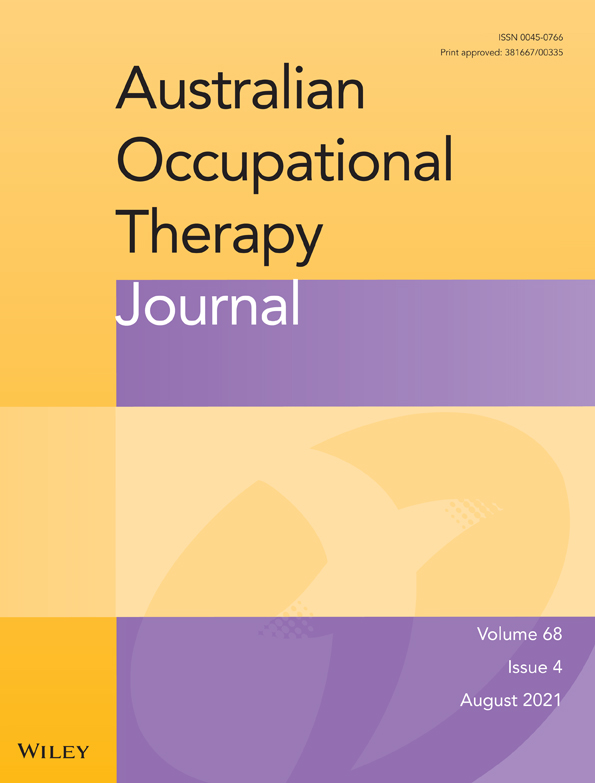Professional development training preferences of occupational therapists working with older adults in Australia: A discrete choice experiment
Funding information:
This research was undertaken as part of the COPE Australia implementation project, led by Professor Lindy Clemson, that was funded by the National Health and Medical Research Council (as part of the NHMRC Cognitive Decline Partnership Centre (grant no: GNT9100000)). A/Prof Comans is supported by a NHMRC Boosting Dementia Research Fellowship.
Abstract
Introduction
Members of the public expect occupational therapists to provide evidence-based practice. Participation in professional development activities is essential to update knowledge and acquire skills to enable delivery of evidence-based assessment and intervention. Therapists commonly choose to participate in professional development through attending training workshops. Little is known about occupational therapists’ preference of how continuing professional development training programmes should be designed and delivered.
Methods
An online quantitative survey of occupational therapists working with older people in Australia, conducted June to September 2018, incorporated a discrete choice experiment to elicit and estimate preferences for professional development training when acquiring skills in delivering an evidence-based intervention. A series of questions asked participants to choose one of two options for training, each differing in terms of attributes (level of recognition, mode of learning, follow-up post-training and cost to establish willingness to pay). Statistical analyses were conducted according to recommended practice in the field of choice-modelling.
Results
A total of 108 responses were received from occupational therapists practicing around Australia. Therapists reported a strong preference for receiving post-training support to implement their new skills in practice and would be willing to pay an additional A$200 for training that included this option. They also highly regarded achieving ‘certification’ in their new skill (willing to pay an additional A$100) and having the opportunity to become a ‘Master Trainer’ in the future (willing to pay an additional A$200).
Discussion
This study generates new knowledge about aspects of a professional development training programme that occupational therapists’ value and aspects that they are willing to compromise on when acquiring new skills that they intend to use in their practice. These findings can influence the training programme design utilised by those working in implementation research and providers of continuing professional development for health professionals.
CONFLICT OF INTEREST
No conflicts of interest are declared by the authors.
Open Research
DATA AVAILABILITY STATEMENT
The data that support the findings of this study are available from the corresponding author upon reasonable request.




